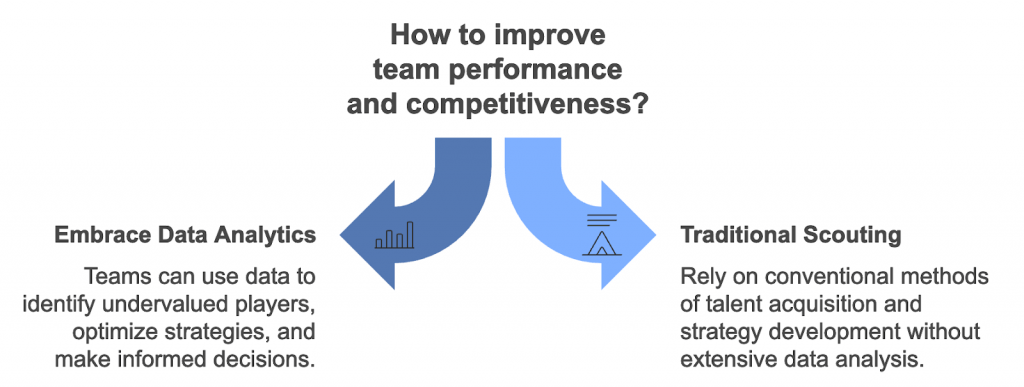Bright Insights Hub
Your go-to source for the latest news and information across various topics.
Player Data Insights: Playing Chess with Stats
Unlock the secrets of chess success! Dive into Player Data Insights and elevate your game with powerful stats and strategies.
Understanding Chess Metrics: How to Analyze Your Game Data
Understanding chess metrics is essential for players looking to improve their skills and analyze their game data effectively. By utilizing various metrics, such as win rates, average move time, and material balance, players can gain insights into their strengths and weaknesses. For instance, tracking your rating progress over time can highlight periods of improvement or stagnation, while analyzing the opening repertoire can reveal patterns and preferences in your gameplay. To get started, consider using online tools that automatically track and calculate these metrics for you.
One of the most important aspects of analyzing your chess data is to focus on specific metrics that influence your performance. For example, you might want to evaluate blunder rates, which reflect how often you make critical mistakes during a game, or study your endgame effectiveness to determine how well you convert winning positions into victories. By regularly reviewing these statistics, you can identify areas for improvement and create a targeted training plan. Incorporating analytics into your training routine will undoubtedly give you a competitive edge on the board.

Counter-Strike is a highly popular team-based first-person shooter that has captivated gamers worldwide. The game emphasizes tactical gameplay, teamwork, and strategy, making each match a unique experience. Players can engage in intense combat scenarios, using a variety of weapons and tactics. For those looking to enhance their gaming experience, consider checking out the duel promo code available for exclusive offers.
The Role of Statistics in Chess: Enhancing Your Strategy
Statistics play a crucial role in the game of chess, allowing players to enhance their strategy through informed decision-making. By analyzing win rates, opening success, and player performance, one can identify patterns that reveal the effectiveness of particular strategies. For example, utilizing databases that track historical game data can help players understand which openings yield the highest success rates for specific opponents, allowing for better preparation and counter-strategies. Strong players often leverage these insights to adjust their playing styles and capitalize on their competitors' weaknesses.
Moreover, employing statistical tools such as probability models and game analysis software enables players to simulate various scenarios and outcomes. This not only aids in evaluating potential moves but also enhances the overall understanding of positional play and tactics. As players become more adept at interpreting these statistics, they can refine their approaches, increase their chances of victory, and ultimately elevate their game to the next level. Embracing the intersection of chess and statistics can be the key to unlocking a more strategic and effective playing style.
How Player Data Insights Can Transform Your Chess Performance
In the world of chess, where every move can determine victory or defeat, understanding player data insights has become critical for players seeking to enhance their performance. By analyzing historical game data, including winning percentages against specific openings and player tendencies, chess enthusiasts can tailor their strategies to exploit weaknesses in their opponents' playstyles. For instance, if a player often struggles against the French Defense, they can focus on studying this opening in depth while also practicing counter-strategies, thereby turning potential weaknesses into strengths.
Furthermore, leveraging player data insights can also lead to improved self-awareness and reflection. By keeping track of personal game statistics such as blunders, missed tactics, and successful endgames, players can pinpoint areas of improvement. Tools like game analysis software not only provide a detailed breakdown of performance but also highlight patterns that otherwise remain unnoticed. As a result, committed chess players can adopt a more structured approach to their training, ultimately transforming their gameplay by making informed decisions based on their unique data insights.